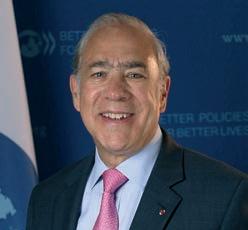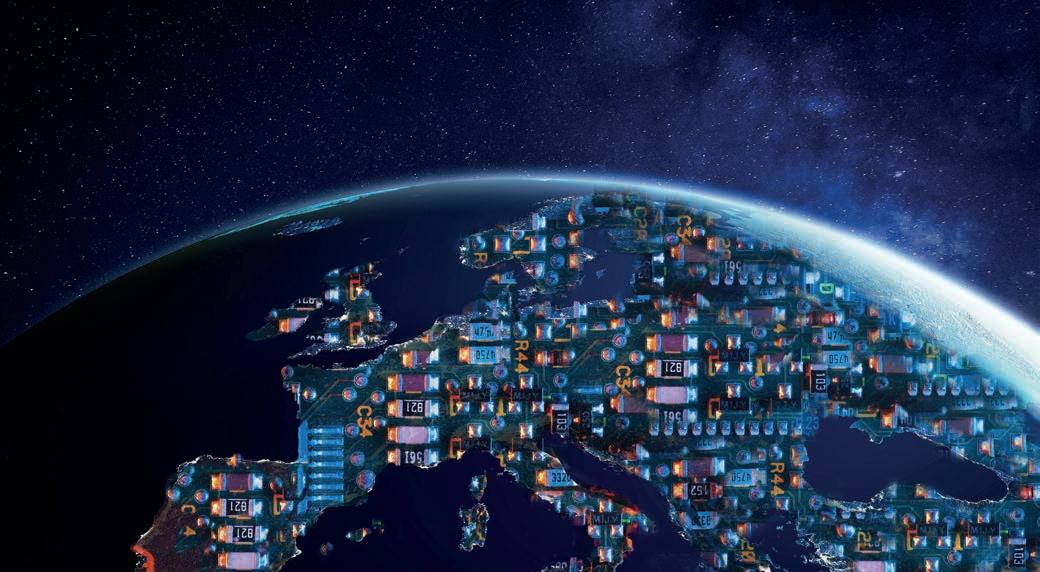GOING DIGITAL
©Shutterstock
AI society: How people can make artificial intelligence work for all
“An instrument of the devil”. This is how the invention of the telephone was greeted in Sweden in the mid-19th century, according to Ericsson, a telecommunications firm. From phones to televisions and cars, such horror is quite a common public reaction to the advent of new technologies, even if it often doesn’t take too long before the same people wonder how they ever did without them. Optimists can also get it wrong too, though. Some early supporters of the phone in Sweden emphasised less the benefits of communication than their belief that the pulse from phone signals would bring relief to their rheumatism. Artificial intelligence inevitably finds itself subject to similar discussion. It is not wrong to be critical of early technology, but it is also important to remain open to new opportunities. This is the challenge for policymakers: how to take the fullest advantage of AI to deliver the widest possible benefits, while reducing the risks? Artificial intelligence, or AI as it is popularly known, has evolved greatly since it was
first conceptualised in the Dartmouth Summer Research Project at Dartmouth College in the US state of New Hampshire in 1956. Indeed, since then AI has acquired the potential to reshape economies, by stimulating productivity, improving
AI is still in its infancy, and we do not know how powerful AI can become efficiency and lowering costs. Its applications are to be seen in a range of sectors, from transport and farming to finance, and healthcare, as well as in criminal justice and security. It can even help improve governance in both the public and private sectors, for instance, by helping people make better predictions and more informed decisions. Yet, AI is still in its infancy, and although surveys suggest most business people see AI as an advantage, we do not know how powerful AI can become. In this light, it is inevitable that AI should fuel anxieties and ethical concerns, too. There are questions to answer about the trustworthiness of AI, when it comes to privacy for instance, and about the
risks of reinforcing any existing biases on race or gender in the algorithms that underpin AI, or even infringing people’s rights. Concerns are also growing about AI systems exacerbating inequality, market concentration and the digital divide. No single country or actor has all the answers to these challenges. As AI’s impacts permeate our societies, what we do know is that its undoubted transformational power must be put at the service of people and the planet. We therefore need international cooperation and responses from all interests in society to guide the development and use of AI for the wider good. The OECD has been leading a wideranging reflection on the issues, and formed an international expert group it in 2018 to help with scoping principles for artificial intelligence in society. The new group won wide applause, including by world chess champion Garry Kasparov, who as he put it in a video address, was perhaps the first knowledge worker in history to have his job threatened by a machine when
OECD Observer No 319-320 Q3-Q4 2019
15

















